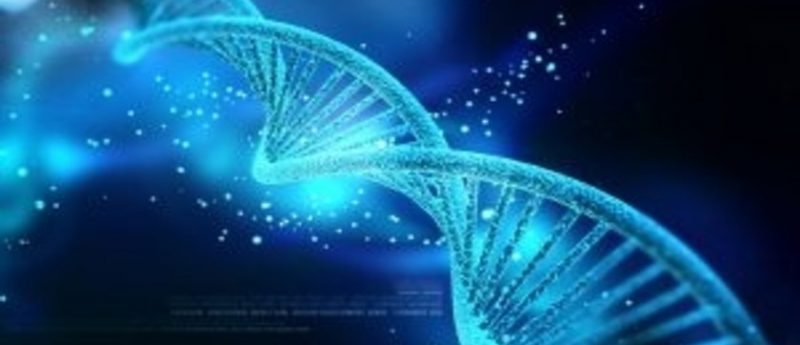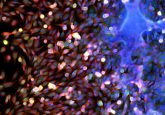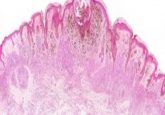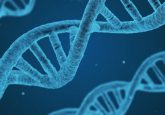Drug combination initiates self-destruct pathway in lung cancer cells

Scientists from Cancer Research UK have uncovered a drug combination that activates apoptosis in lung cancer cells, raising hopes for advances in treatment. The results of the research were presented at the National Cancer Research Institute Cancer Conference (held 2–5 November, Liverpool, UK).
Nell Barrie, a spokesperson from Cancer Research UK, highlighted the importance of this discovery: “This important research builds on the progress we’ve made to understand the routes cancer cells use to stay alive. Understanding and targeting these processes will move us closer to our goal of three out of four people beating cancer within the next 20 years. There’s an urgent need to save more lives from lung cancer and we hope these findings will one day lead to effective new treatments to help lung cancer patients and potentially those with other cancer types too.”
The process of apoptosis occurs naturally in healthy cells in order for cellular materials to be recycled within an organism. However, this pathway is disrupted in cancer cells leading to uncontrolled cell growth and accumulation, which result in tumor formation.
The research team behind the discovery, based at the UCL Cancer Institute (London, UK), have successfully reprogrammed lung cancer cells to undergo cell death. The team utilized a combination of TRAIL and a CDK9 inhibitor to alter molecular switches that control apoptosis in lung cancer cells within mice.
Henning Walczak (UCL Cancer Institute) outlined the team’s plans for future work: “Igniting the fuse that causes lung cancer cells to self-destruct could pave the way to a completely new treatment approach, and leave healthy cells unharmed. The next step of our work will see how this approach works in other cancer types, and we hope it could ultimately lead to testing this technique in trials to see if it can help patients.”
Source: Cancer Research UK press release





